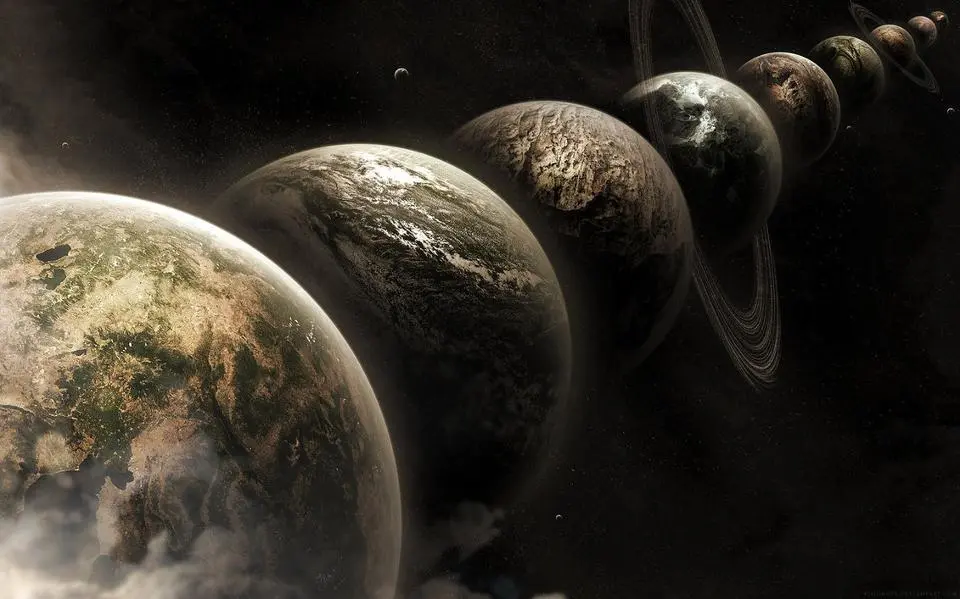Physical Address
304 North Cardinal St.
Dorchester Center, MA 02124
Physical Address
304 North Cardinal St.
Dorchester Center, MA 02124

Imagine making a decision so small that it barely registers in your mind—yet, in the grand tapestry of the cosmos, this choice might spawn an entire new universe.
This isn’t just the plot of a science fiction novel; it’s one of the most intriguing possibilities proposed by quantum physics. The idea of parallel universes, where alternate versions of ourselves exist, is no longer reserved for fantastical stories.
With advances in physics, particularly in the realm of quantum mechanics, the concept is gaining serious attention. But what would it mean if other realities were out there, just beyond the reach of our own? Could a new version of you be living out a different life, one where you took a different path?
The idea of multiple universes has existed in mythology and philosophy for centuries, but it wasn’t until the 20th century that science began seriously considering the possibility.
In 1957, physicist Hugh Everett III proposed the Many-Worlds Interpretation (MWI) of quantum mechanics, which suggests that every time a quantum event occurs, reality splits into multiple possibilities.
Unlike traditional interpretations, where a single outcome collapses into place, the Many-Worlds theory argues that every possibility plays out—just in separate, parallel universes.
Everett’s idea was initially dismissed as speculative, but over time, it has gained traction among physicists looking for an explanation of quantum phenomena that avoids paradoxes.
If true, it would mean that an infinite number of versions of you exist, making different choices and living out alternate lives in realities just beyond our reach.

One of the main reasons scientists take the idea of parallel universes seriously is the strange nature of quantum mechanics.
Subatomic particles don’t behave like solid objects but exist in a superposition of states—meaning they can be in multiple places or states at once until observed.
This fundamental uncertainty has led to competing interpretations of what is really happening at the quantum level.
These quantum oddities suggest that reality might not be as singular as we assume. If the universe does split at every quantum event, then there could be an unimaginable number of alternate timelines branching off from every action we take.
Despite its intriguing implications, the Many-Worlds Interpretation remains just that—an interpretation.
Scientists have yet to find direct evidence that parallel universes exist, largely because these realities would be separate from our own and inaccessible by traditional means.
However, some theoretical approaches might offer clues:

If parallel universes do exist, what would that mean for our sense of self? The notion that infinite versions of ourselves are living out different possibilities could change the way we think about free will, destiny, and responsibility.
If every choice leads to a new reality, do our decisions matter as much as we believe?
Or does knowing that an alternate version of us made the opposite choice provide comfort in our regrets?
Some argue that believing in a multiverse can be liberating. It suggests that no matter what happens, somewhere, another version of you is succeeding, loving, and living a different path.
Others, however, find the idea unsettling; it raises questions about identity and the uniqueness of our experiences.
While the existence of parallel universes remains unproven, the concept continues to shape scientific inquiry and philosophical debate.
As our understanding of quantum mechanics deepens, we may one day find evidence that we are not alone- not in the extraterrestrial sense, but in the sense that countless versions of us may exist across infinite realities.
Until then, the multiverse remains a tantalizing mystery- one that may be as real as the choices we make every day.